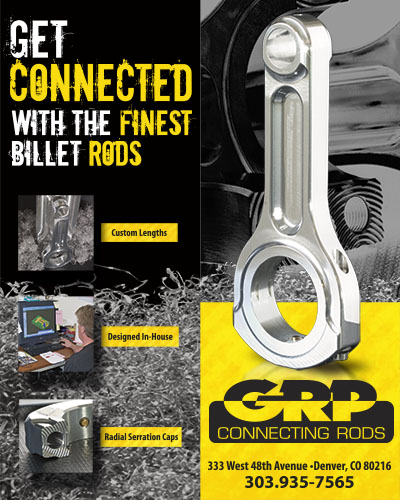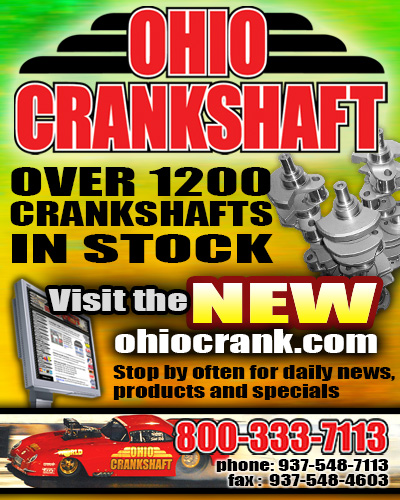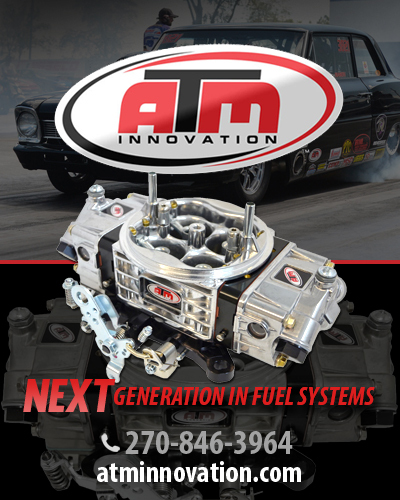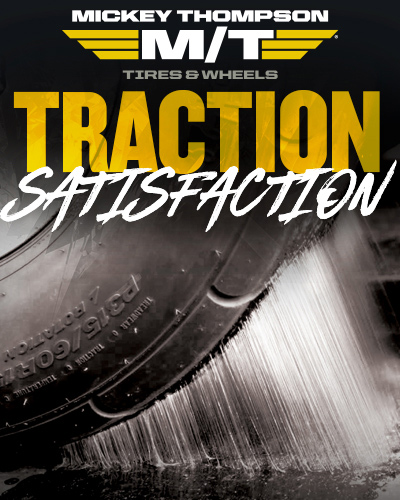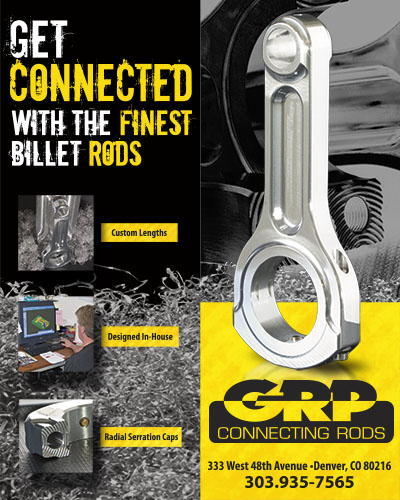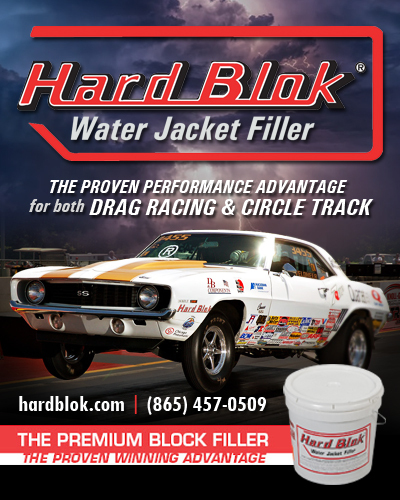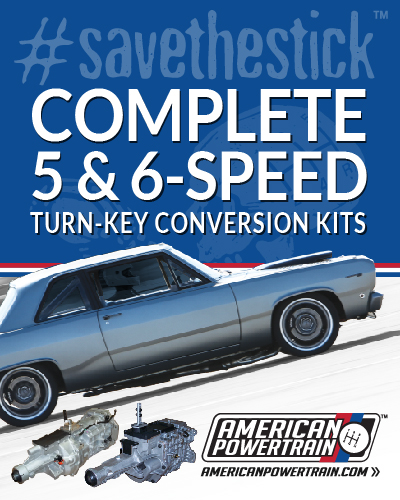INTERVIEW: HOW WILL MARCUS LEMONIS' BUSINESS EXPERIENCE INFLUENCE NHRA?
Content courtesy of ThoughtsRacing.com
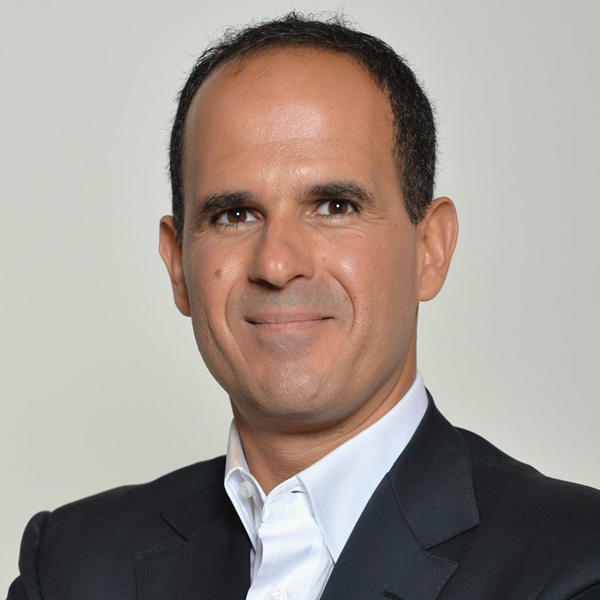 The Camping World Era of NHRA Drag Racing began in October, but it’s generating even more excitement as business mogul Marcus Lemonis opens up about his decision to become the series sponsor and what kind of an impact he hopes to make in the sport. Lemonis spoke November 23 with CompetitionPlus.com Senior Writer Susan Wade and shared some of his insights about what’s meaningful to him:
The Camping World Era of NHRA Drag Racing began in October, but it’s generating even more excitement as business mogul Marcus Lemonis opens up about his decision to become the series sponsor and what kind of an impact he hopes to make in the sport. Lemonis spoke November 23 with CompetitionPlus.com Senior Writer Susan Wade and shared some of his insights about what’s meaningful to him:
SUSAN WADE: What intrigued you about the NHRA and drag racing that made it an attractive property?
MARCUS LEMONIS: Motorsports has been a pretty good investment for our company – actually, very good investment for about 10 years now. We’ve had the truck series for just shy of 10 years now. And what I really started to notice is that out of all sports sponsorships – we do a lot – the highest conversion rate of familiarity with our brand and loyalty to our brand comes in the motorsport space. NASCAR has been an amazing partner, but I’ve always studied NHRA from a distance and really tried to understand how it works . . . because obviously the size of the attendance at the races was always different from what NASCAR had, at least back in the day, huge crowds. And what I didn’t realize was that NHRA gets the same thing. It just gets it over a series of days.
So that was really No. 1: understanding the profile of the NHRA fan, how they transact, what their make-up is. And I noticed that there were three primary things that really attracted me. I noticed that it was ticking off all three of those boxes.
No. 1, it seemed to be far more family-oriented. And I don’t say that as a crack against NASCAR. No. 2, I noticed a lot more diversity, both in gender and in race at NHRA, in their fans and their profile. I really loved the diversity. [No. 3, age.] I noticed the age tab was right, from young kids to people who are retired. I liked the fact that it was checking off all these boxes. And when you layer that on top of an already successful motorsports program for us, it just made a ton of sense. I think also for us, we wanted to see if we could find a new audience. And we did a lot of studying to see what the crossover was between NHRA and NASCAR – and shockingly, it was pretty thin. It was totally a scientific play for me, to be honest.
SW: You surprised everybody by taking the negotiation to the street. I’d never seen people do high-finance business on Twitter before. That seemed to work.
ML: I’ll tell you why I did it that way. I think it’s really important when you’re going to act on behalf of a company and do something with the fans that if they feel involved from the beginning and they feel like they’re a part of the process, you’re going to learn more than you would if you did it in a vacuum. It’s like having the world’s greatest focus group. Because if you did it in a vacuum, in a boardroom, an ad agency, you wouldn’t get the fan interaction. You wouldn’t get the feedback of whether it was a good idea or a bad idea. And they wouldn’t feel like they’re a part of the process.

ML: No, I wasn’t going to let ’em do it. I wasn’t going to let ’em do it, because you see, I wanted to see pressure on them. They were very public about what happened with Coke, and I really wanted to understand why, because there’s usually reasons a sponsor leaves. It isn’t just because they aren’t selling enough soda. They’re unhappy with something. They’re not feeling like they’re getting a return. There’s always more to the story. I thought I would ferret it all out in public, that maybe people both pro and con to NHRA would surface. And there was a number of people who reached out to me and said, “This is a bad idea” or “This is a good idea.” And I really appreciated the feedback.
SW: I was surprised about their candor regarding the lawsuit against Coca-Cola, how little legalese was in the document, and with what a bargain this series sponsorship appeared to be.
ML: It was a decent deal, but in 2020-2021, we’re living in a different world.
SW: How much can you share about the terms of your agreement? Does it go beyond next year? And at what point do you have the option to renew? The press release said “multiyear deal,” and technically it was on the surface, but is nothing certain beyond 2021?
ML: No, it’s a couple years. It is well beyond 2021, but I will say we wanted to give both NHRA and us flexibility, that if it wasn’t a good relationship three or four years from now that we would be able to sit down and understand it. I did not want to be a one-and-done. I don’t think that’s respectful to the fans. If you’re coming in for a year, you’re never going to get the loyalty, because they’re going to smell the lack of commitment. And I think fans are very, very focused on loyalty and commitment, specifically in today’s day and age. So it is much longer than next year.
SW: That is really great news. And thank you for stepping up. There are so many people who are grateful for your doing that. You didn’t have to do that, and you did it.
ML: As I tell people – I’ve told a lot of people this: We stepped up because we want to be supportive, but it’s also a business decision, right? And so when people say, “Thank you,” my response is “You’re welcome – keep in mind the best way to thank me is to support our business. If you have an RV lifestyle, please support us, because if you don’t, when it comes time to renew it or extend it, I’m going to look at the economics and say, “What did I get out of this?” And as a businessperson, as a steward of a company, you’ve got to be able to justify it economically. And as much as we don’t like the fact it’s always business, that’s the reality of it.
SW: You’re exactly right. So what do you make of the NHRA’s business model? And how much are you going to work with it in order to make money while keeping all the stakeholders happy? A lot of things that might make you money might also alienate stakeholders if you’re not careful.
ML: The stakeholders for me are the fans. That’s it. While I worry about the sanctioning body, I’m worried about the fans and the team owners, because those are the people ultimately who obviously are giving us the ability to have a sport and the team owners are taking a financial risk in being in the sport. So for me, those are the stakeholders. Again, it’s not about being disrespectful to the sanctioning body. But if the fans aren’t happy and the teams can’t make the numbers work, then what are we doin’? That doesn’t make any sense.
 SW: So you’re going to assess everything through the filter of the fans, right?
SW: So you’re going to assess everything through the filter of the fans, right?
ML: I am – and I know that’s not exactly what NHRA would always want to hear. But without the fans – without them and customers for me – I don’t know what we have.
SW: They need to hear that – and that’s not a bad thing. It’s just maybe different from the way the NHRA has done business – has been able to do business – before. So how are you going to integrate with the NHRA’s decision-making process? Will you have tons of input – will you demand tons of input? Maybe I should say “demand.”
ML: Yeah, I would never demand anything, just because we know our role in the process is as sponsor, not a shareholder. But I will use my platform to commend those things that are really working. Particularly, the one things that I do see the NHRA doing very well is being very concerned about two things: (1) the health of their teams, from my perspective, and (2) how the B2B, the business-to-business, transactions inside the sport – meaning sponsors connecting with other sponsors – how that process plays out. That will determine a lot.
One of the things I think NASCAR has done well for years is really create this roundtable of sponsor-to-sponsor relationship. So for example, my relationship with FedEx was born out of NASCAR. I used to be with UPS, and FedEx has been a tremendous sponsor of the sport. The economics had to be right, but that introduction was made on that format. A number of vendors we have inside our Camping World stores are tied to relationships that were introduced based on people who have sponsored NASCAR. So I think for me, I’m going to want to see NHRA continue and enhance that.
I think you’ll see me play a much larger and more vocal role in creating the B2B opportunities, because if people aren’t making money sponsoring, from customers and B2B opportunities, their shareholders and their board are going to raise that crinkled eye at that process.
SW: True. And are you going to have great input with the FOX broadcasting team? Will we see some cross-pollination happening with NASCAR on that front? Will you be active in that realm?
ML: We have a very, very robust relationship with FOX that stems far beyond NASCAR. We have an MLB relationship with them – Major League Baseball. We had a huge role through all the playoffs. That’s a huge FOX property. And they have been nothing but supportive of our business.
Quite frankly, they’ve been the idea factory behind a lot of the initiatives that we’ve had. You know, it’s funny – when you’re kind to people and you’re thoughtful and you communicate well and you lay out what your goals are and you’re respectful of their goals, magically, business is a lot easier. When you go into business with very much of “What can I get out of it? How’s this going to work for me, singularly?” in any business, it usually doesn’t work out. And the FOX relationship has been one of those ones where they’re always thinking about me before I’m even thinking about me. I love it. One of the things you’ll get to know about me is if that isn’t the case, you would know it – I would tell you. I would tell you.
SW: Being straightforward always is great.
ML: Even if you have a different opinion, that’s OK. We can have different opinions and still respect each other. Camping World signage will be commonplace at dragstrips across America.
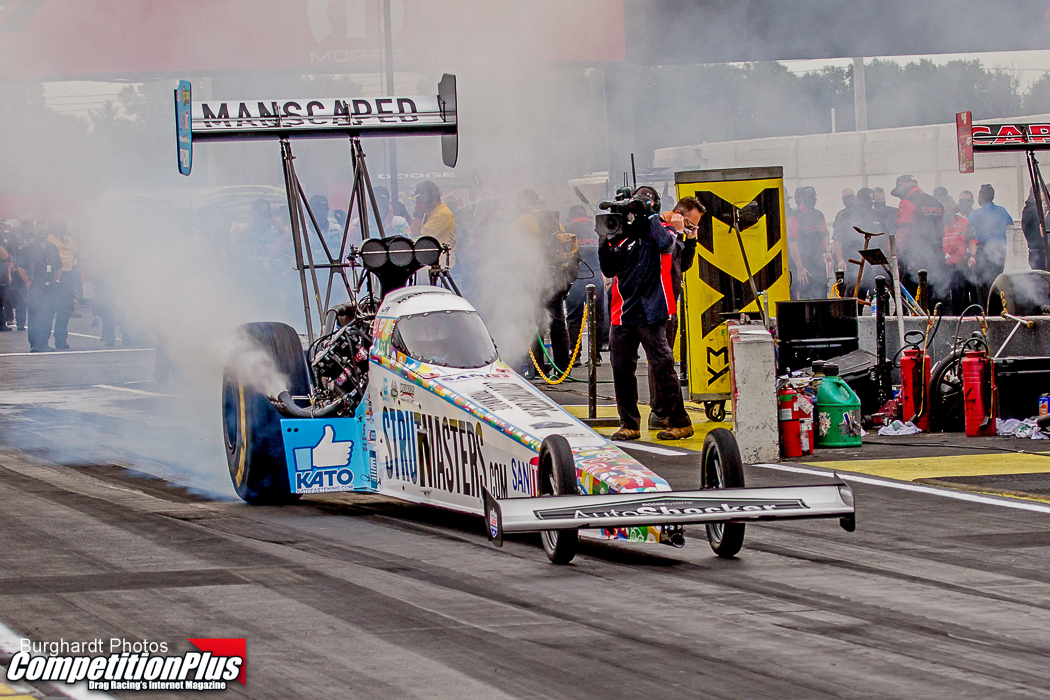
ML: If I had one constructive point to make about racing in general, but I’ll use NHRA in this instance, but it applies to both [NHRA and NASCAR] . . . I don’t think the sanctioning bodies in either case do enough to educate the teams, to train the teams, and to guide the teams on the business of sponsorship and corporate relationships. I don’t think they do enough. I almost want to host a seminar for a day or two – a day may be fine – for literally creating the road map so that people understand: Here’s how it works. Here’s how the associate sponsorships work. Here’s how the primary works. Here’s what you’re supposed to do. Here’s how much you have to ask for. Here’s what you should expect . . . All those variables. I don’t think we do enough of a job to map out for people. There are the big providers who don’t need that, the ones that have big, big tickets – they don’t need the help. But I don’t know how we help those smaller teams who don’t have the weight of money behind them to function. I don’t know how we do it. If there’s anything I was concerned about or critical of, it would be that. There’s a difference between somebody who has sold sponsorship and knows how to do it and a company who sponsors things telling you what they actually want.
SW: Thank you. This has come up recently in the NHRA. Funny Car team owner Cruz Pedregon was making the point recently that racers shouldn’t depend on purse money as a critical part of their team budgets. His stance is that the team should conduct itself as a business in and of itself and that the on-track earnings should be regarded as icing on the cake. He’s right. However, the NHRA has evolved in such a way that it has enabled racers to rely on qualifying money or first-round money.
ML: You even can take it down to: What are the drivers supposed to do? How are they supposed to interact? And what’s too much? How do you overdeliver and under-promise? How do you go above and beyond to make that corporate sponsor feel like they’re getting not a good return on investment but an exceptional return on investment? And I don’t know if anybody’s sort of mapping that out. You’ll see me play a very, very active role in that process.
SW: Are you going to raise purses or at least restore them to pre-pandemic levels?
ML: You know, that’s not up to me. I would have to learn more myself about that. I think a lot’s going to depend on what happens and when are we going back full-throttle and when are people going to go back in the stands, because it’s just probably a pretty simple math equation.
SW: TR: Do you have any background with drag racing? Did you ever go to drag races?
ML: No. I’ve never been, and I’m excited to go to the first one as we start the season. But no, I’ve never been. It’ll be my first time.
Get all of your https://t.co/Reh86n8GFm apparel by visiting https://t.co/QR7z0rKzRO. The finest in quality as produced by @gosvaink and Greg Ozubko #CompetitionPlusApparel pic.twitter.com/pUsl6qgses
— Competition Plus (@competitionplus) October 27, 2020




























